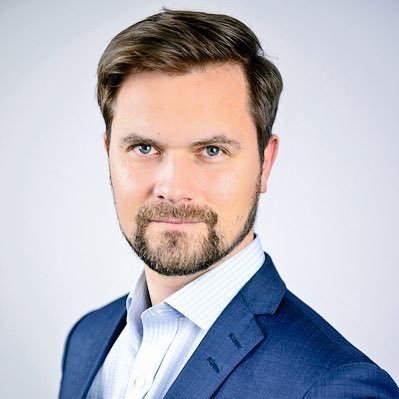In his address at the G7 Summit, Pope Francis emphasized the crucial role of "healthy politics" in harnessing the power of artificial intelligence for humanity's benefit, urging world leaders to look to the future with hope and confidence.
It was the first time that a pope participated in a meeting of the leaders of the world’s largest democracies. Italy’s Prime Minister Georgia Meloni invited Pope Francis to join the G7 summit in Puglia, in the south of the host country.
Meloni specifically asked the pontiff to address the world leaders on artificial intelligence, a topic of great importance to Pope Francis.
Long-time Vaticanista and political observer Francis Rocca finds it understandable that Pope Francis was invited to speak:
“For example,” he said, “the Prime Minister of India and the President of Brazil were also present and the President of Kenya. And the pope was there in that capacity. There may have also been a desire on the part of Meloni to be close to the pope politically. He's a very popular figure in Italy and around the world. And I think generally for the leaders there, most of whom are in trouble politically in their countries, not Meloni, but the others, including President Biden.”
“It was probably very agreeable,” he continued, “to have their photo taken with a very popular leader, Pope Francis. The summit had several questions on the agenda, including climate change and energy. But the pope spoke specifically about the challenge of artificial intelligence, which is not a new topic for him.”
During his much-referenced 2024 World Day of Peace message at the beginning of this year, he had already warned of the consequences an uncontrolled race for the newest technologies could have for mankind. In Puglia, he reiterated his concerns:
“Artificial intelligence,” the Pope said, “is at the same time an exciting and fearsome tool, and demands a reflection that is up to the challenge it presents.”
The Holy Father acknowledged that AI is an extremely powerful tool for medicine and work; for culture and communications; for education and politics. It will increasingly influence the way we live, our social relationships, and even our identity as human beings.
He spoke of the advent of a true cognitive-industrial revolution, which will contribute to the creation of a new social system. This development could be either an opportunity or a grave danger.
While positive aspects would be the democratization of access to knowledge, the exponential advancement of scientific research, and the possibility of giving demanding and arduous work to machines, it could also bring greater injustice between advanced and developing nations or between dominant and oppressed social classes, raising the dangerous possibility that a “throwaway culture” be preferred to a “culture of encounter.”
Pope Francis made clear that mankind has always invented tools that could be used for good or bad, whether we think of knives, steam engines, or nuclear power.
“Artificial intelligence, however, is a still more complex tool,” the Pope emphasized.
AI is more than just a blunt instrument. Machines can now choose which solutions they pursue based on algorithmic models, but the human person is able to decide, the Holy Father clarified.
“We would condemn humanity to a future without hope if we took away people’s ability to make decisions about themselves and their lives,” the Pope said, “by dooming them to depend on the choices of machines.”
Vatican Analyst Rocca said, “The Vatican has intervened on this subject a number of times. And the pope issued a special message in December on this topic. He addressed certain preoccupations and worries that he has, for example, about the importance of maintaining human control over these systems, specifically in regard to autonomous weapons. He said that machines shouldn't be deciding whether people live or die, whether they are in war, and also in the judicial system, whether to sentence people.”
Regarding the Holy Father, Rocca said, “He worries that artificial intelligence will be used and humans will lose control of the system of justice.”
Pope Francis urged the world leaders to become active and ensure control over artificial intelligence. Sound political leadership would be needed now more than ever, he said, to ensure the common good.
Adapted by Jacob Stein

Andreas Thonhauser is EWTN Vatican Bureau Chief. He holds an MBA from WU Executive Academy and a Master’s in German Philology and Americanistics from the University of Vienna. He previously worked in media and as Director of External Affairs for a global human rights organization, and for several media outlets in Vienna, Austria.









